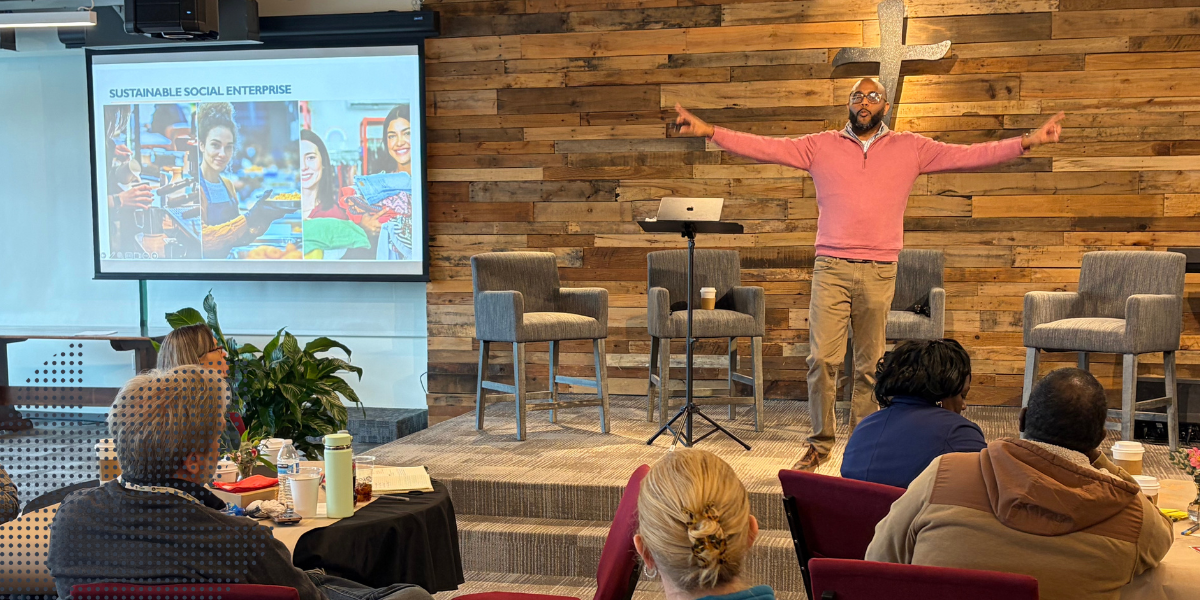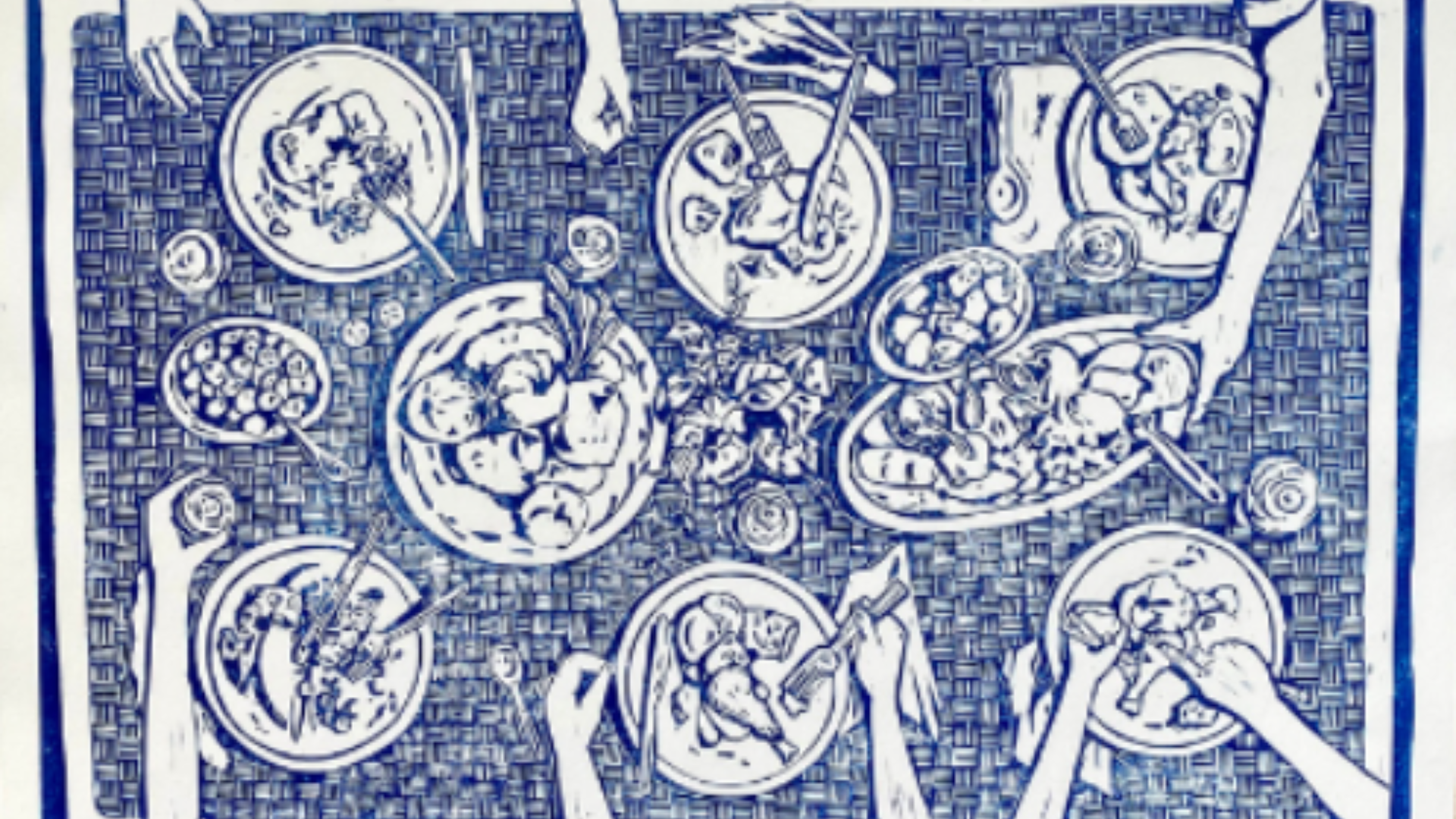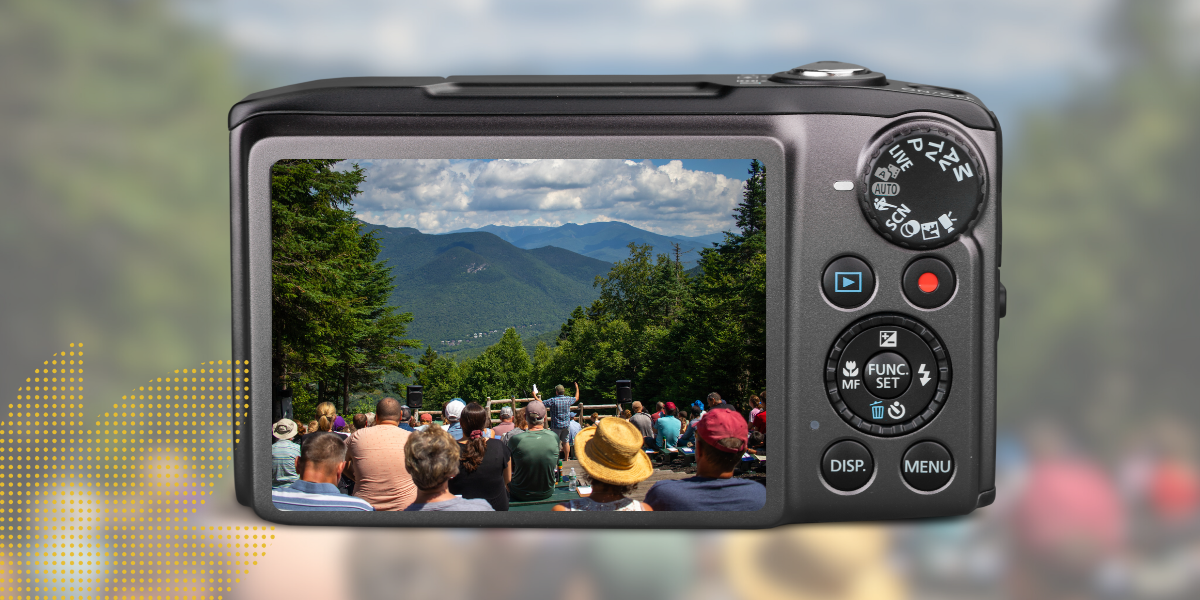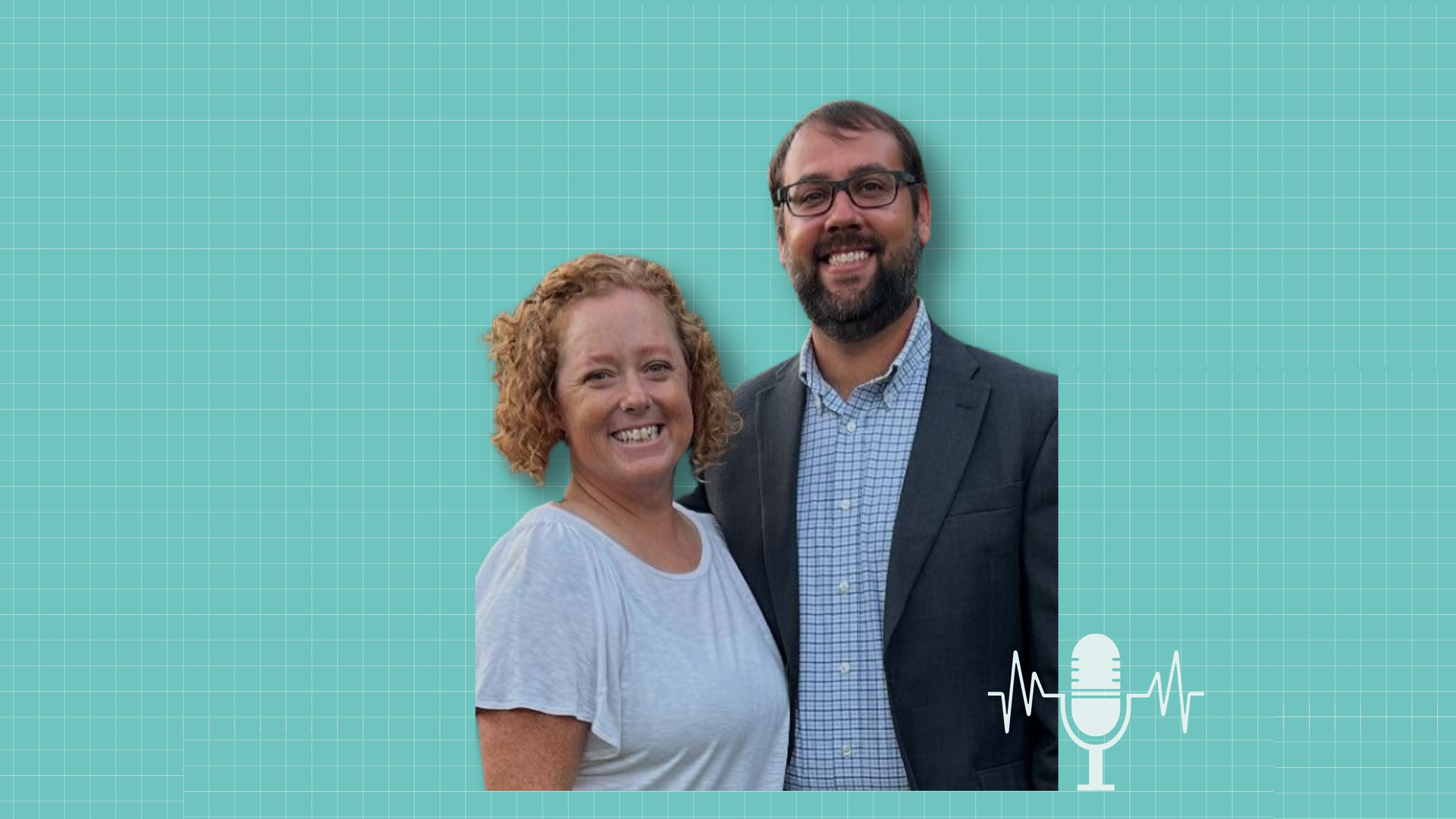What is Incarnational Innovation?
Creativity and Innovation for Everyday People and Churches

When we first hear the words “creativity” and “innovation,” how do we respond? What is our reaction? As church leaders, pastors, and Christians with an entrepreneurial bent, these words should inspire us. They represent traits that we all possess – traits that can bring new life, energy, and hope to our churches.
The Importance of Creativity
The past four years have been challenging for each and every one of us. The pandemic has been seen as an accelerator of change, forcing even the most seasoned leaders to scratch their heads while thinking about the best course of action ahead. Marshall Goldsmith’s quote, “what got us here… is not going to get you there,” is being felt more than ever.
This is true not only in the Christian domain but in for-profit sectors as well. The World Economic Forum reports that analytical thinking and innovation are the top skills employers are looking for in their employees by the year 2025. Creativity, originality, and initiative are #5, and five of the top 10 skills are all related to problem-solving.
But… Why?
We are moving from the Information Age to an Age of Creativity. Today, we have easy access to an abundance of information, but not everyone know what to do with it. There is no singular program, initiative, or event that will solve all of your church’s problems. Even when we learn all the information of a new ministry initiative, your church’s creativity and problem solving will still be needed.
I’ve been on staff in my local church for over ten years now, and I have learned a decent amount of local church history. It is fascinating to hear stories about what ministries were effective over the years. There used to be predictability about what would be effective and what would not. However, recent cultural realities have impacted us more and more. Sports on Sundays, overscheduled lives, the digital realm, etc. Basic church programs suffer because we can’t seem to schedule Sunday volunteers more than two or three weeks out.
These cultural changes are real, exhausting and real exhausting. Yet, they also present exciting opportunities. Opportunities to engage our faith in new ways and be a witness in our world and communities.
Creativity as a Skill
Creativity is a skill that can be developed and learned by anyone.
Fredericka Reisman, a renowned creativity researcher and Director of the Drexel-Torrance Center for Creativity and Innovation, introduced the Reisman Diagnostic Creativity Assessment (RDCA) to help measure and understand creativity. The RDCA breaks down creativity into eleven different elements, providing a way to quantify and assess creative abilities.
These elements are:
- Fluency: the ability to generate many ideas.
- Flexibility: the ability to generate ideas across different categories.
- Originality: coming up with unique and novel ideas.
- Elaboration: adding details and depth to ideas.
- Tolerance of Ambiguity: being comfortable with uncertainty and the unknown.
- Risk Taking: being adventurous and willing to take chances.
- Intrinsic Motivation: having inner drive.
- Extrinsic Motivation: being motivated by external rewards or reinforcement.
- Convergent Thinking: the ability to reach conclusions and make decisions.
- Divergent Thinking: generating multiple solutions or possibilities (related to fluency).
- Resistance to Premature Closure: keeping an open mind and avoiding hasty judgments
This understanding should be encouraging to everyone, including churches and ministries. Whether you already see yourself as a naturally gifted problem solver and creative thinker, or if you struggle to come up with new ideas, there is hope for developing your creative abilities. Edward De Bono, known for his “Six Thinking Hats” once said: “If you believe that creative thinking is an elusive talent, you will only wait for ideas to come. But if you recognize creativity as a skill, you can actively learn and cultivate it.”
The Call to Love Our Neighbors
In the midst of a changing world, our call to love our neighbors remains constant. Our faith spurs us on to meet the needs of those around us. As those needs shift and change, it requires us to be in tune with what those needs are and ask questions that allow us to solve those problems creatively.
The Creative Process
Similar to how creativity is a skill and can be trained, there is also a process of creativity. Beware that there’s only so much we as leaders can control in this process. That’s part of the beauty.
One of the most useful processes for understanding and employing creativity was developed in 1926 by social psychologist Graham Wallas. His four stages of the creative process include:
- Preparation: Researching and observing about the need/problem we’re addressing.
- Incubation: Stepping away from the need/problem allowing for subconscious connections to occur.
- Illumination: The sudden moment of finding the solution to a problem. The “lightbulb” moment.
- Verification: Movement from idea to reality.
This may seem a bit “textbook-y.” However, take a moment and consider how most solutions come about. From my experience, this is what most creative processes look like.
- Step 1 – One person comes across a need/problem.
- Step 2 – Said person comes up with one idea.
- Step 3 – Said person tries to implement said idea (sometimes with a group of people).
And there are reasons this way of approaching the creative process doesn’t work, at least as well as it could.
When we come up with ideas to meet a need before fully understanding that need, we limit our perspectives. Since our perspectives are limited, our ideas will be as well.
Our brains are connection machines, and our ability to be creative is linked to our ability to make novel connections. When teams work well together in brainstorming, new connections are possible because of the diversity of thought, experience, and perspectives around the table.
From personal experience, when I’ve come up with what I think is the best idea all by myself,, it can be challenging to gain the buy-in to help carry out the idea. But when I invite others into the conversation, we can understand the need more deeply, come up with better ideas, and create a shared vision from the beginning.
Knowing that there is a process that aids us in creating new endeavors and initiatives changes how we approach change. Instead of grasping at the shiniest new object, we start to take confidence that our churches are capable of creating ministries that meet the needs of the people that they serve.
The Hope for a More Creative Church
Do you believe there’s much more to discover in creation, or that we’ve basically found most of it?
I was asked this question about six years ago. To be honest, my initial response was that we’ve found most of it. My curiosity and creative muscles were laying dormant, I’m not sure for how long.
What was new had become old, and what was interesting and exciting had become mundane.
If this is you today, there is good news.
God is not finished with the church. Even in the most difficult moments, we know that the God of Moses who parted the Red Sea when no clear path was present is with us. We know that the God of Shadrach, Meshach and Abednego in the flames is with us now. That the God of Peter is with us when we are unsure about stepping into something new.
The hope for the church requires us to lean on God once again. Through this learning, we must learn how to trust in how God created each and every one of us. Believing that God is a creative God, and that we are made in His image.
We are created to create.
This isn’t the first time the Church has needed to pioneer and innovate. The church was pioneering when they entered Rome itself, even in persecution. This eventually led to Christians going to the British isles to evangelize, resulting in beautiful persisting celtic expressions of worship.
Christianity built the first hospital.
Christianity gave us adoption and foster care systems.
Christianity inspired some of the best works of literature throughout history.
Christianity birthed some of the most famous songs our world has known.
The Church, this mysterious entity that unites people from every walk of life, has the power to usher in the Goodness of God in ways that we haven’t even imagined yet.
Remembering our Creative Calling
There’s a Disney movie called, “Moana”. I have two nieces and a nephew, so I’ve seen it more than once.
In this movie, there is a girl named “Moana” who dreams of leaving the island that her people are on. There is a calling to something new and different in her life. Something that she can’t ignore. However, her father and mother want her to stay in order to carry on the traditions of her people and become the future island’s chief. They were too afraid of what it was like on the open water.
But one day something goes wrong. A blight hits the island threatening their way of life.
Moana then leaves the island in search of what will restore her island back to how it was before.
She encounters lively characters, a giant crab, and coconut pirates, and more. During her adventures she discovers something about herself and her people. She learns that her people were always adventurers, they were always seeking new discoveries.
In the end, Moana is able to restore the island back to health. But more importantly, the people on the island remembered that they were never meant to be on one island for their entire lives. They were called to be on the open water.
It is easy for us as Christians and our congregations to forget this part of our calling. This calling to engage in new ways, experiment and prototype, create and innovate. It is time for us to remember this













